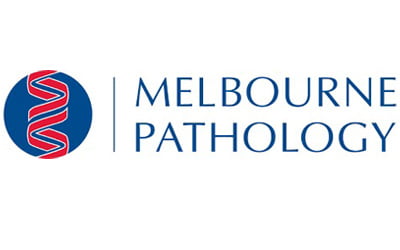Bowel cancer claims the lives of 103 Australians every week (5,350 people a year) – but it’s one of the most treatable types of cancer when detected early. 299 Australians will be diagnosed with bowel cancer this week (15,531 people a year).
Bowel cancer, also known as colorectal cancer, is a type of cancer that affects the colon or rectum. It is one of the most common types of cancer, particularly in developed countries. Understanding the risk factors, symptoms, diagnostic methods, and treatment options is crucial for managing and preventing this disease.
Risk Factors
- Age: The risk increases with age, particularly after 50.
- Family History: A family history of colorectal cancer or polyps can increase risk.
- Genetic Factors: Conditions like Lynch syndrome and familial adenomatous polyposis (FAP) increase risk.
- Lifestyle Factors: Diet high in red or processed meats, lack of physical activity, obesity, smoking, and heavy alcohol use can contribute.
- Medical Conditions: Inflammatory bowel diseases, such as Crohn’s disease and ulcerative colitis, are risk factors.
Symptoms
Symptoms of bowel cancer can vary but commonly include:
- Changes in bowel habits (e.g., diarrhea, constipation)
- Blood in the stool
- Abdominal pain or discomfort
- Unexplained weight loss
- Fatigue and weakness
Diagnosis
Diagnosis typically involves a combination of:
- Screening Tests: Fecal occult blood test (FOBT), fecal immunochemical test (FIT), and stool DNA tests.
- Colonoscopy: A procedure that allows for visual examination of the colon and rectum.
- Imaging Tests: CT scans, MRI, and sometimes PET scans.
- Biopsy: Tissue sample taken during colonoscopy for lab analysis.
Treatment
Treatment options depend on the stage and location of the cancer but generally include:
- Surgery: Removal of the cancerous section of the colon or rectum.
- Radiation Therapy: Often used for rectal cancer.
- Chemotherapy: Uses drugs to kill cancer cells or stop them from growing.
- Targeted Therapy: Drugs that target specific molecules involved in cancer growth.
- Immunotherapy: Boosts the body’s immune system to fight cancer.
Prevention
Preventive measures can significantly reduce the risk of bowel cancer:
- Regular screenings, especially for those over 50 or with risk factors.
- Healthy diet rich in fruits, vegetables, and whole grains.
- Regular physical activity.
- Maintaining a healthy weight.
- Avoiding smoking and limiting alcohol intake.
Prognosis
The prognosis for bowel cancer varies based on the stage at diagnosis. Early detection significantly improves survival rates. When detected early, the 5-year survival rate can be as high as 90%, but this drops significantly if the cancer has spread to other parts of the body.
Conclusion
Bowel cancer is a serious but often preventable and treatable disease. Awareness of the risk factors, symptoms, and the importance of regular screening can help in early detection and effective management of the disease. If you experience any symptoms or have risk factors, consult your GP for appropriate screening and advice. For more information and help raise awareness please visit https://www.bowelcanceraustralia.org/what-is-bowel-cancer




